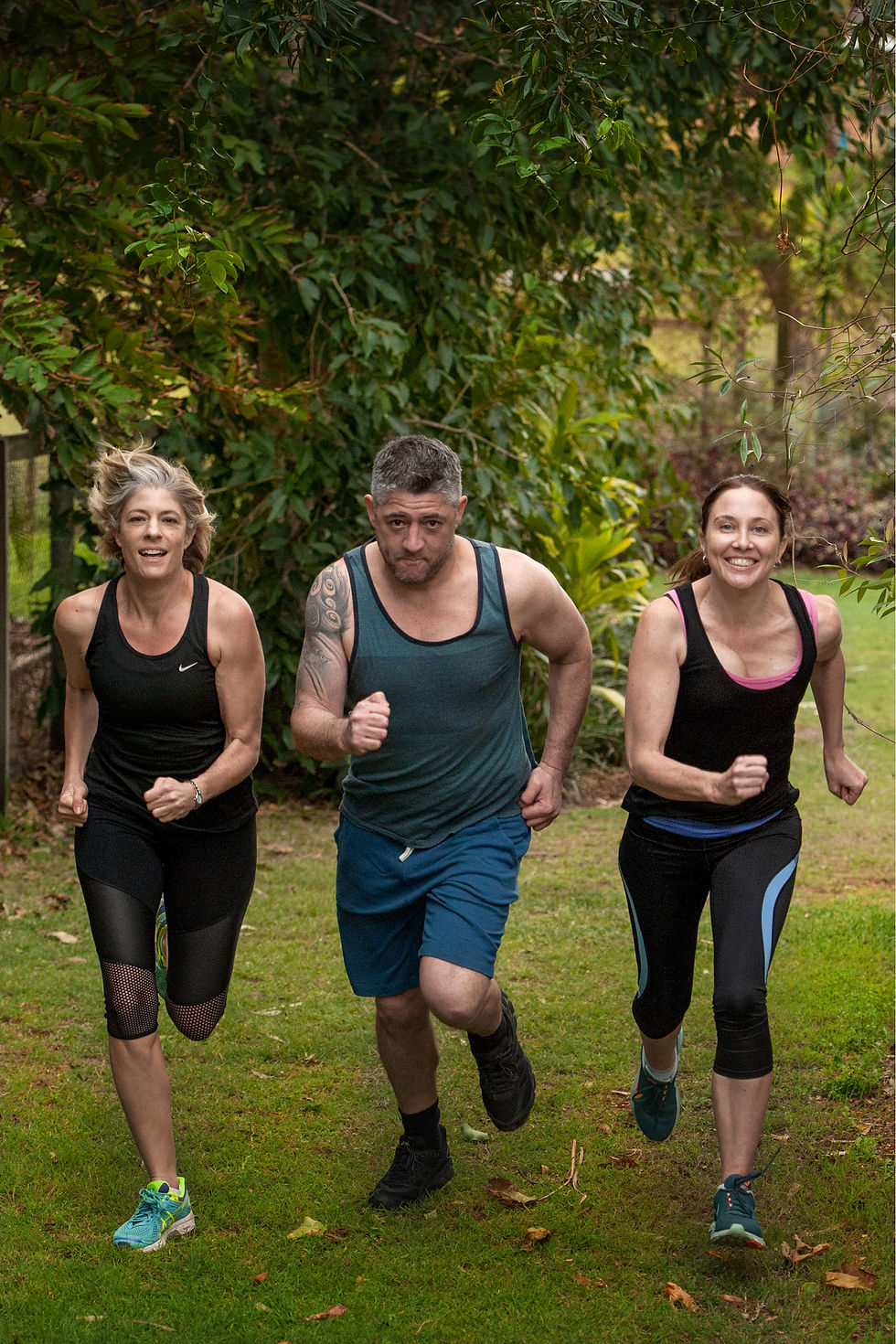Emotional Rescue
- Jay Buchan
- Oct 30, 2017
- 3 min read
We’ve all seen footage of some guy, veins popping, getting so psyched up before lifting heavy he looks as though he’s about to explode.
No surprise to discover then that, if harnessed correctly, emotion can be utilised in the gym to produce greater efforts. Psyching oneself up to lift a heavy load is the prime example. This is positive reinforcement to the nth degree.
Unfortunately negative emotional reinforcement is all too common and has a negative effect on our training.
Like the client who shows up and sees the program written on the white board, sees an exercise they “don’t like” and immediately convinces themself how difficult it will be and how much it will hurt.
It is part of our body’s defence mechanism to help us try and avoid pain.
So even though you are paying me to push you to your physical limits, you are looking at ways to avoid what we are both trying to achieve (which usually involves some form of minor suffering in the short term, which will be forgotten in the satisfaction of a good work out completed).
So when I ask you to do 10 repetitions, knowing a good 10 will get the most out of that exercise for you, and you get to seven and stop, because you’ve already pre-determined that it was going to be too hard, don’t look for sympathy.
This is allowing your negative mental state to hinder your ability to get the most from your workout.
Remove barriers
A client told me the story about being on holiday and going for a hike with her husband. Up in front were two peaks, one high and one much smaller.
They went to hike up the small one because the big one looked too difficult to climb.
They started walking, kept walking and, after several hours, reached the summit – a bit weary but happy.
Looking down from their eyrie, they spied the smaller peak way below them, the one they had originally planned on climbing.
They'd missed the turn off and climbed the big mountain instead.
With no pre-emptive emotions holding them back their body’s performance far exceeded their expectations.
Because their self-created psychological barriers were removed.
I found myself doing it this morning, pre-empting how much I would be struggling by my 5th rep on some bench press.
But I recognised it and stopped, telling myself that how I thought I felt was irrelevant. It was just my muscle performance against the bar, weights and gravity. Get the technique right and push for as long as I can – no emotion, just physical effort.
I did 6 reps feeling good and strong at the end.
It means that when it is time to lift/push/pull/run/jump/swim/squat/spin/whatever, you temporarily forget about your day job, the family commitments, the tiredness, the worries, the stress – all the little things that can get you down and serve no purpose other than to hinder the task at hand.
None of it matters now – it’s just you versus the bar.
Breathing pays a big role. Slow your breathing before you commence, shut your eyes, clear your thoughts of everything but preparing for the first rep of the set. To do it well is emotionally cathartic.
You feel that much better if you have managed to put all that other stuff aside and focussed on pushing your body to its limits.
It can be useful training for mental health as mush as physical.
It’s quite meditative to get into that state and I’m sure it must be good for us, in a similar way to mindfulness – eliminating everything unnecessary and committing your focus to one task, completely in the present.
Here’s a link that explains the benefits of mindfulness during exercise, and how to achieve it. https://www.verywell.com/mindfulness-during-exercise-1230998
So don’t show up reluctantly to the gym, take one look at the program and complain.
Tell the body “We’re On” and leave it all on the floor.





Comments